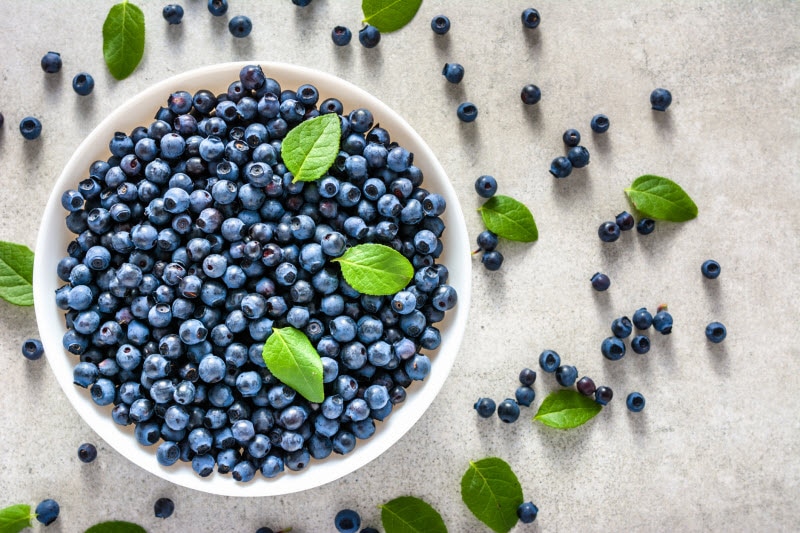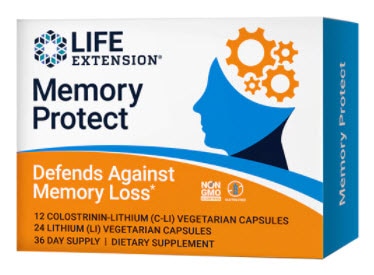Eating the right foods can prevent dementia and keep your mind sharp as you age, a new study suggests.
Older adults who switch to the MIND diet may help stave off cognitive decline even when their brain develops amyloid plaques and tangles, according to researchers at Rush University Medical Center.
These protein deposits usually form between nerve cells and hamper thinking and problem-solving skills. However, the researchers found that even moderately following the MIND diet in late life can prevent such cognition problems.
Post-mortem analysis of the brains of people who followed the MIND diet revealed that although enough amyloid plaques and tangles were present to warrant a diagnosis of dementia, these people did not develop cognitive symptoms during their lifetime.
What is the MIND diet?
The MIND diet is a combination of the Mediterranean diet and the Dietary Approaches to Stop Hypertension — or “DASH” — diet. Both food regimens are known for being heart-friendly, but they also appear to protect the brain.
With the Mediterranean diet, you eat whole foods and minimally processed foods, such as:
This diet also allows you to indulge in small amounts of meat, eggs and dairy products, plus a modest amount of alcohol.
The DASH diet centers on fruits, vegetables and low-fat dairy products. You can eat whole grains, poultry, fish and nuts, but are asked to avoid large portions of:
- Fat, especially saturated fat
- Red meat
- Sodium
- Added sugars
- Sugar-sweetened beverages
“The MIND diet emphasizes the intake of plant-based foods,” says Vandana Sheth, a Los Angeles-based registered dietitian nutritionist and author of “My Indian Table: Quick & Tasty Vegetarian Recipes.”
In particular, berries and green leafy vegetables are staples of the MIND diet, Sheth says.
“The MIND diet is different from other diets in that there is no calorie counting or food group restrictions,” she says. “In general, the MIND diet focuses on foods that promote brain health.”
How to get the most from the MIND diet
The MIND diet can be helpful for anyone, Sheth notes. However, it appears to be especially beneficial to those trying to maintain good brain health as they age.
“Current research suggests that the MIND diet may be associated with a reduced risk of Alzheimer’s disease and brain loss over time,” she says, although she adds that more research is necessary to fully understand the diet and its effects.
The researchers at Rush University found that benefits were most likely for people who eat at least three servings of whole grains, a green leafy vegetable and one other vegetable every day, along with a glass of wine.
In addition, those who follow the MIND diet should snack most days on nuts, have beans every other day or so, eat poultry and berries at least twice a week, and consume fish at least once a week.
Just as importantly, you must limit intake of unhealthy foods, including keeping butter to less than 1.5 teaspoons a day and eating less than a serving a week of sweets and pastries, whole fat cheese, and fried or fast food.
Getting started on the MIND diet
If you plan to switch to the MIND diet, Sheth suggests starting by incorporating more vegetables into your diet, especially leafy greens such as kale, spinach, collard greens and lettuce.
“Research shows one serving daily may help slow down brain aging,” Sheth says, suggesting you aim for at least six servings of leafy greens per week.
To accomplish this goal, add greens to your morning smoothie or egg scramble, and to soups and stews. You can also eat more salads.
Try to eat at least two or more servings of berries per week, Sheth says. “Enjoy them as sweet treats with meals or as snacks,” she says.
Also, snack on nuts instead of processed foods, aiming for “a small handful at least five times per week,” Sheth says
Other tips for making the MIND diet a success include:
- Cook with olive oil as your primary cooking oil
- Enjoy more meatless meals, with beans, lentils and soybeans in place of animal protein
- Eat fish — especially omega-3-rich foods such as salmon — at least once per week
“If you already drink, consider drinking one glass of wine with your dinner,” Sheth says.


